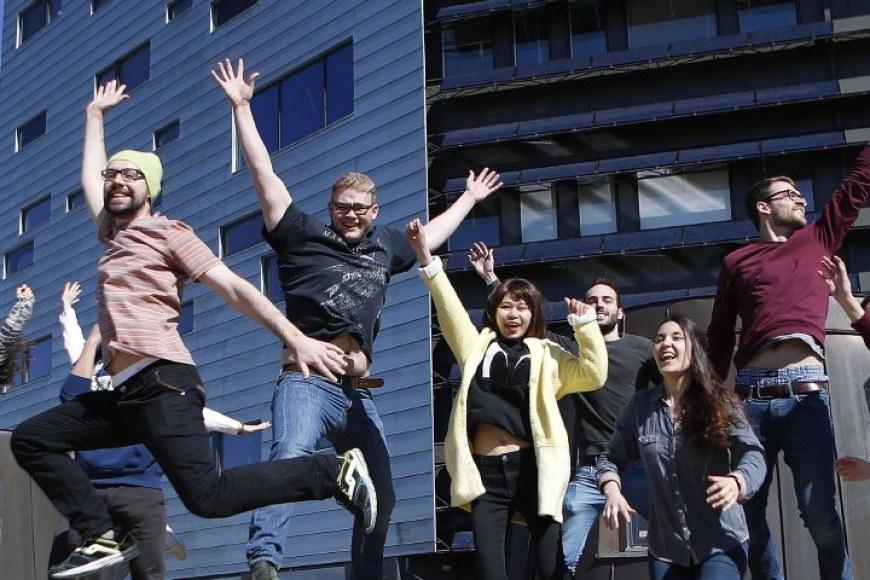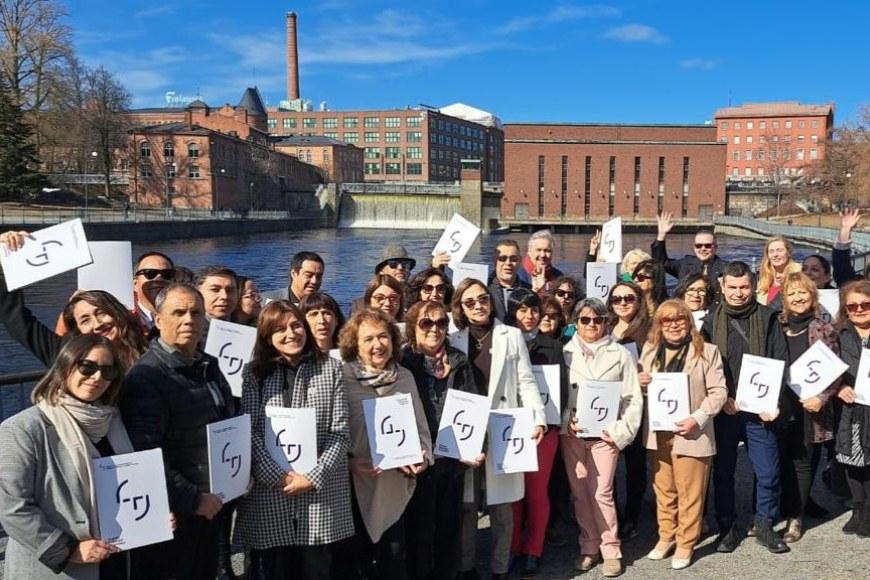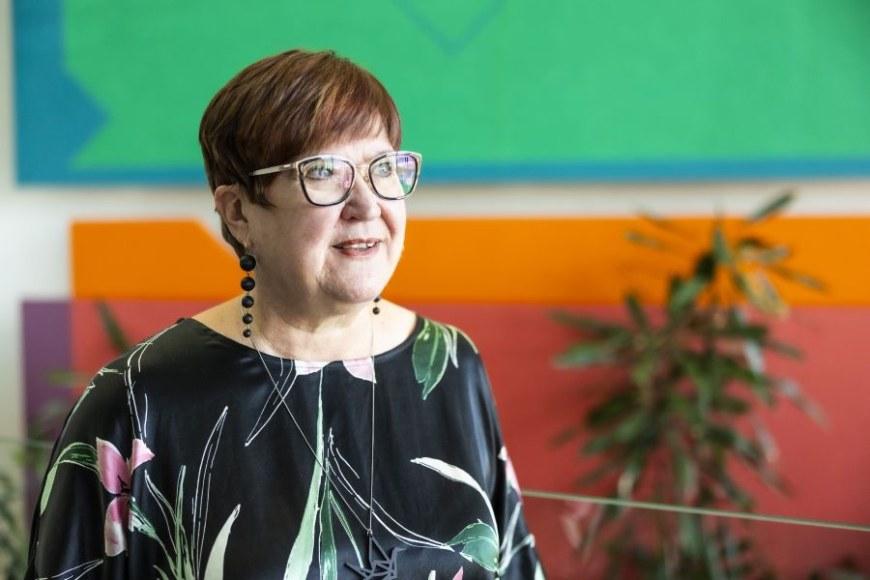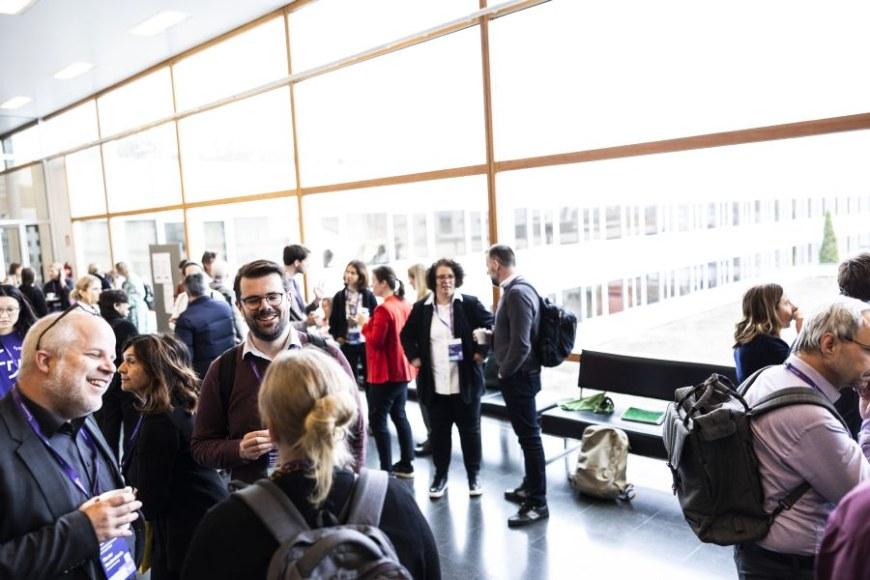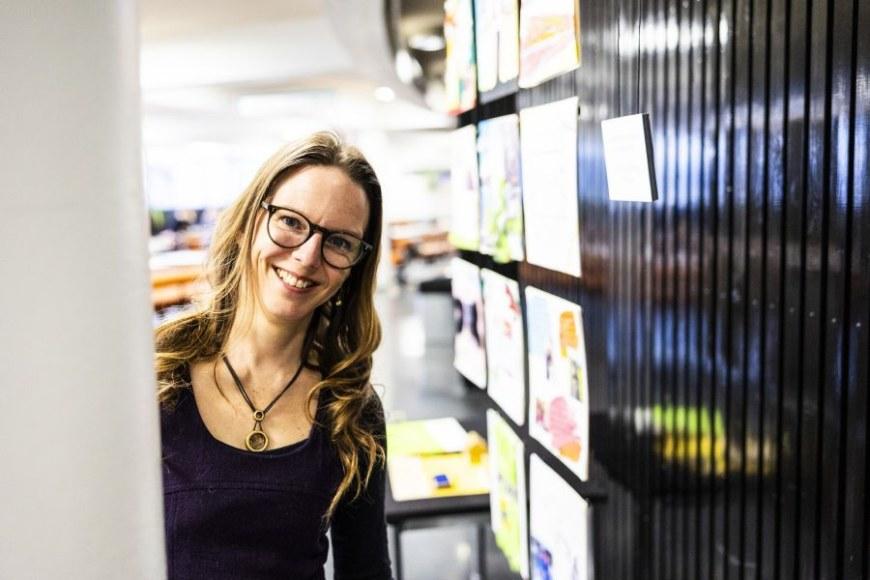Statement from the Tampere Universities community: “Higher education in its current form will not be enough to close the skills gap”

As estimated by the Ministry of Education and Culture, nearly 500,000 people living in Finland are going to need extensive further education and retraining in the next few years. A number of fields in the public and private sectors are already facing a shortage of talent.
According to the statement published by Tampere Universities, bold reforms are needed in the higher education sector to secure the availability of skilled workforce and the continued existence of our welfare state, The statement was published at the Eternal Student event held on the city centre campus of Tampere University on 10 March.
“This topic has been widely debated and discussed but with little practical effect. Despite the urgent need to reform our higher education sector, a nationwide consensus of the necessary measures is yet to be achieved. With this statement, we are looking to challenge stakeholders from different facets of society to join our efforts to usher in a new era of continuous learning,” says Heli Harrikari, who leads the continuous learning project at Tampere Universities.
Shared vision to develop continuous learning through grassroots experimentation
As set out in the statement, Finland’s higher education sector needs to develop a shared vision for continuous learning in collaboration with higher education institutions and stakeholders from the broader society.
“To develop the skills that will be needed in the future, we must find new ways to extend learning beyond the formal settings of tertiary education. In addition, we need to build closer links between higher education and the world of work to effectively spread the best practices,” Harrikari notes.
Prompt action is called for.
“We believe that a culture of experimentation will be effective in fostering and facilitating the development of continuous learning practices. We are currently carrying out a pilot study to test not only an AI-based application, which enables all users to highlight their competencies and qualifications in a whole new way, but also a Bazaar marketplace that brings together professionals from higher education institutions and working life,” Harrikari says.
The reform of continuous learning is one of four major community-wide development projects underway at the Tampere Universities community. The purpose of the five-year project is to rethink higher education to meet the changing needs of society and the world of work. With funding provided by the Ministry of Education and Culture from 2019 to 2020, the project is set to continue until the end of 2023.
Download the statement (Attachment in Finnish):
